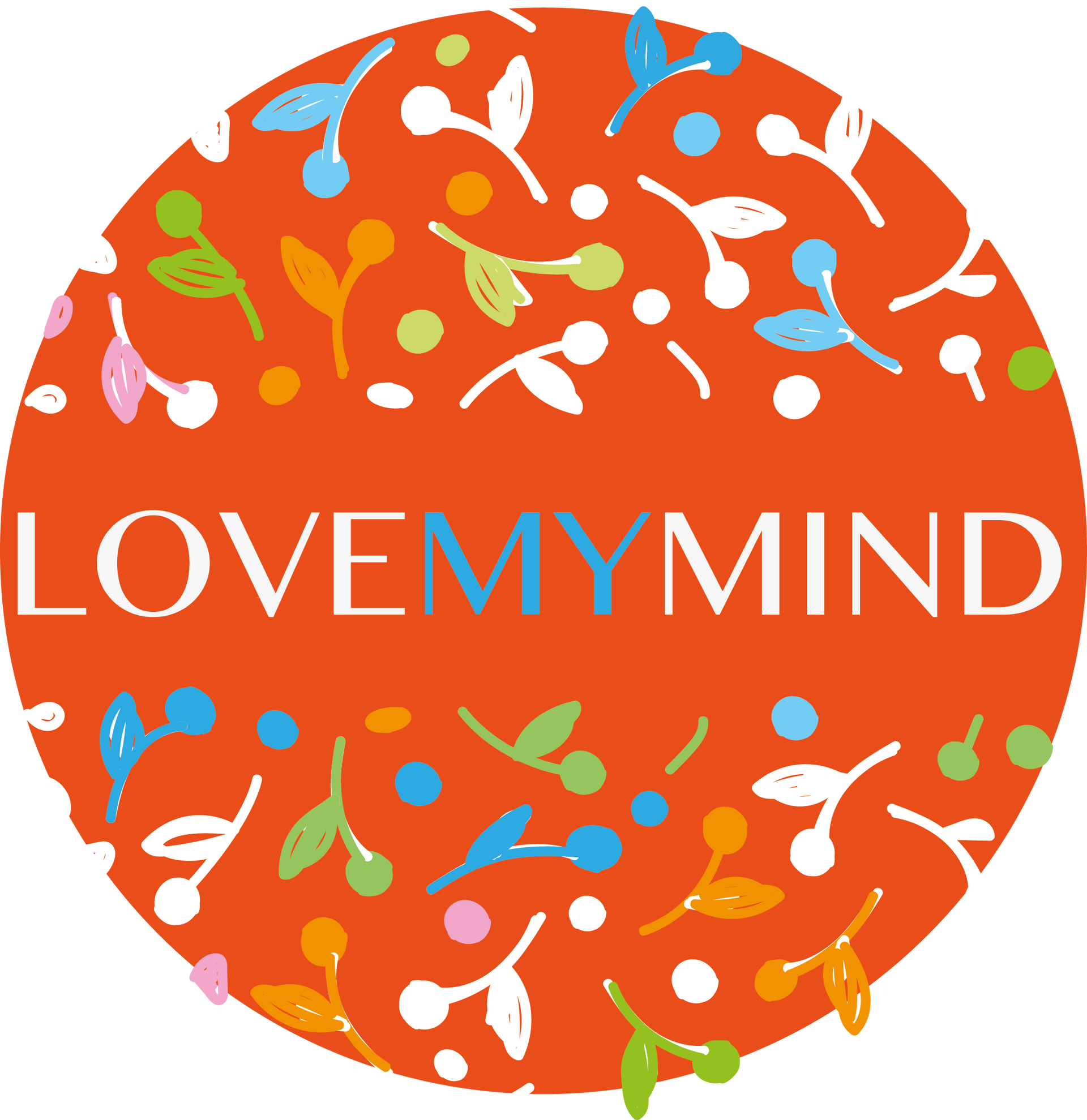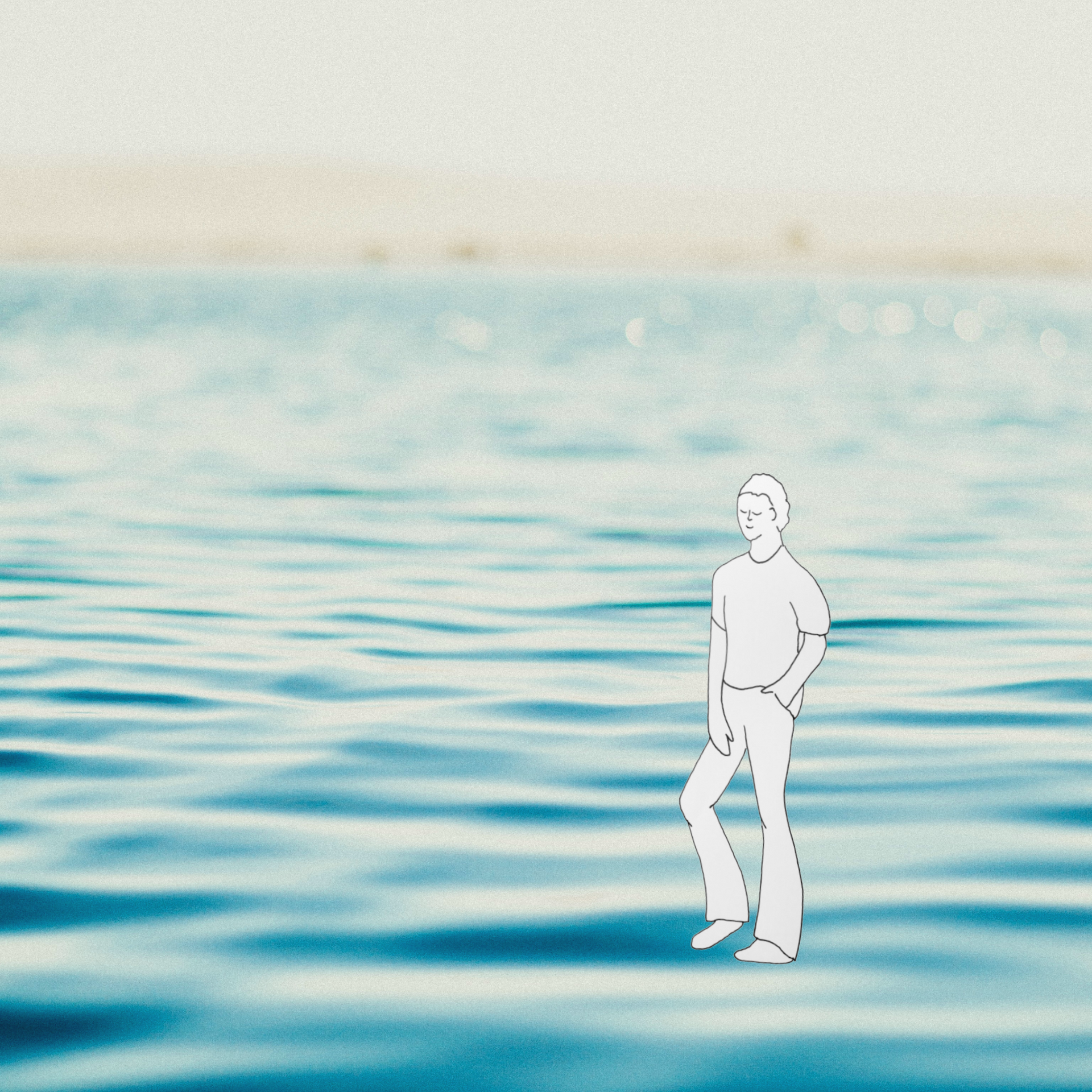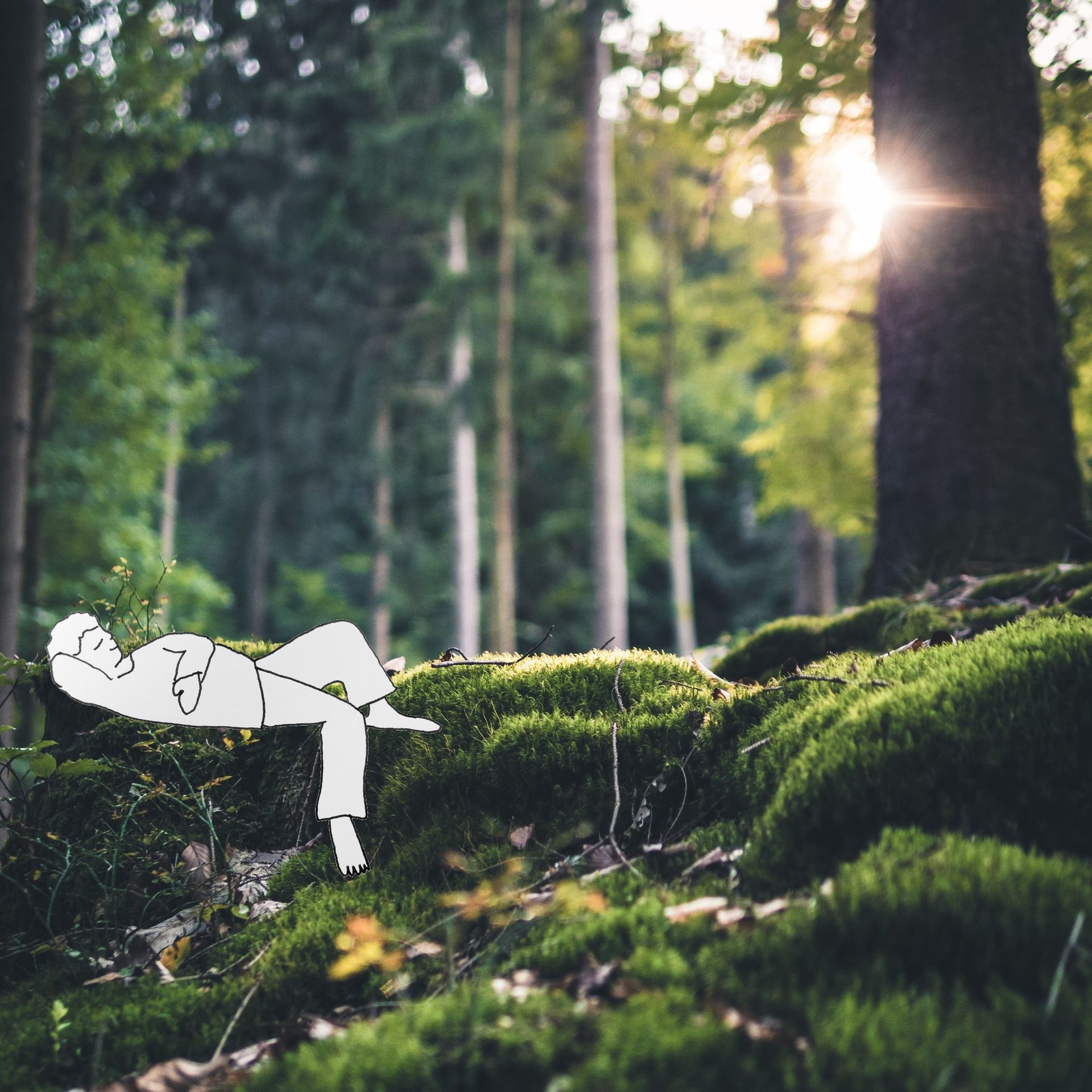Laughter is the Best Medicine

Why is laughing the best medicine?
A good laugh is always a winner isn’t it? Giggling, having a chuckle, the side splitter, hooting, guffawing and the delicate titter. These are all good ways to brighten a day. But did you know that along with it feeling wonderful it is also healing your mind, body and soul?
Laughter has been shown to reduce the levels of certain stress hormones in the body. We need a variety of chemicals to help us cope with tricky situations, but these stress signals in high levels can create an imbalance leaving us feeling anxious, angry and depressed. These stress hormones also can have a harmful effect on the immune system. When we laugh, we increase the number of beneficial hormones like endorphins, which and neurotransmitters in the body, lessening the presence and production of adrenaline and cortisol.
Endorphins work as a natural painkiller, so laughing helps to boost our pain threshold, easing mood, tension, anger and discomfort. Laughing increases neurotransmitters such as serotonin and dopamine, helping your brain to function faster, connect and comprehend situations or problems at a speedier rate.
Laughter also boosts our immune systems, stimulating antibody cells to develop at faster rates by changing the body’s chemistry through hormonal shifts. These antibodies help us to fight off illness and infection easier. Studies have shown that “mirthful laughter” causes an initial increase in arterial blood pressure which is followed by a decrease to below the normal resting blood pressure. This improves blood pressure levels, decreases the risk of heart disease, cardiac issues and improves circulation. The act of laughing physically creates a boost of oxygen to the brain, promoting brain health and encourages a higher level of ventilation in your lungs.
Laughter is also a brilliant way of doing exercise; it engages muscles in the body’s diaphragm and abdominal as it expands and contracts and can often leave us with that side splitting feeling after a long hoot. Depending on your laughing style and how physically you throw yourself into it, you can stimulate your legs, back, shoulders, and arm muscles too. Cheeks, jaw and neck muscles are all put through their paces as we cackle and howl.
Laughter can also boost memory as it speeds the connections between the neurons, enabling learning and brain function. Combining humour with recall helps to create more links in the brain as they have more direct association and emphasis.
Laughter can help our brains to be more creative due to the lowered stress hormones and increased endorphins. We are more likely to take creative risks, think outside of the box when feeling more positive and laughter is the best way to boost our mood. Laughter has been found to have a soothing quality that reduces even unconscious pain, causing an improvement in mood and happiness.
It is also really contagious, seeing someone else having a chuckle encourages us to join in, creating connections between people, helping us to build relationships and deepen rapport.
I love using laughter in my practice room. When we are laughing, we are no longer able to feel sadness or pain. Book a free DISCOVERY CALL to try this out for yourself!
I will encourage you to:
🌈Allow yourself to concentrate on all the best parts of yourself.
🌈Think about all you have achieved
🌈Believe in your abilities
🌈Trust in yourself
You are the expert in being you!
In my sessions we like to have a bit of a giggle as we explore these wonderful qualities that make up all of us as individuals.
Find your own answers and give yourself the gift of health and happiness.
www.lovemymind.co.uk



















